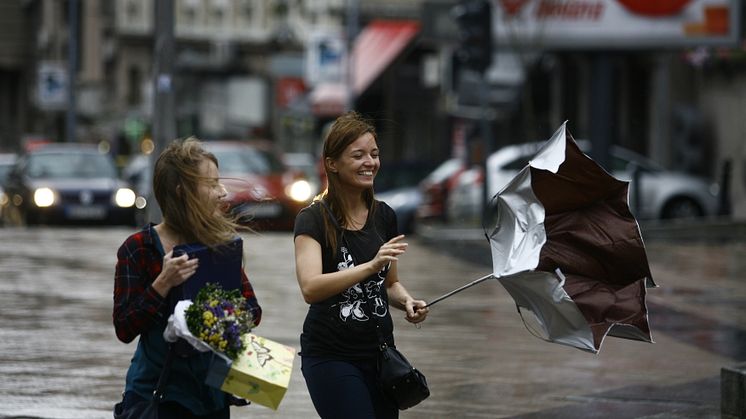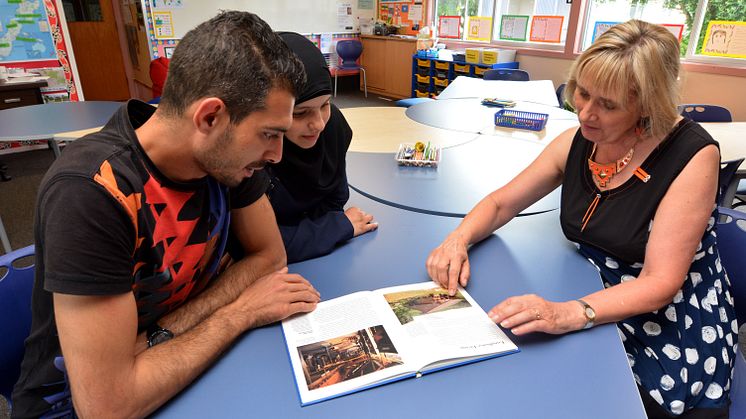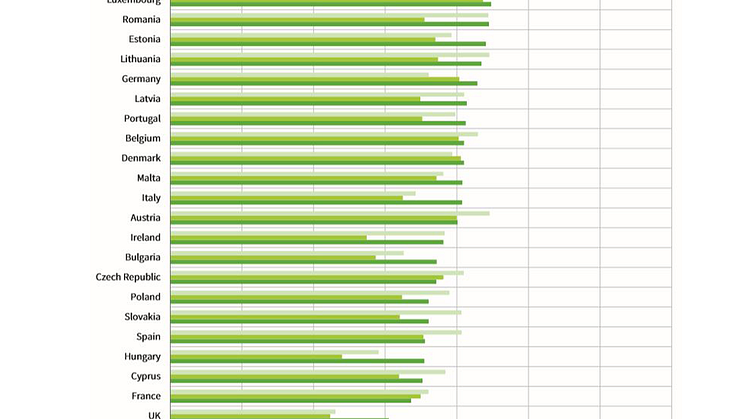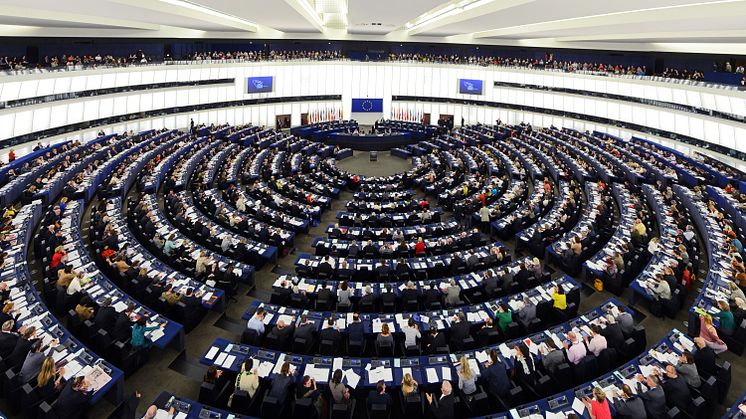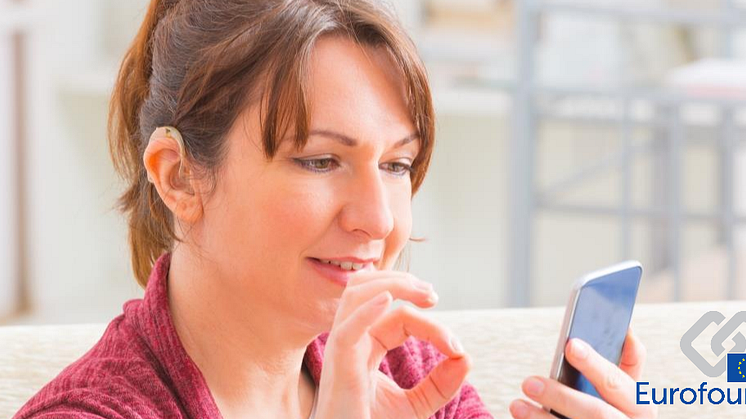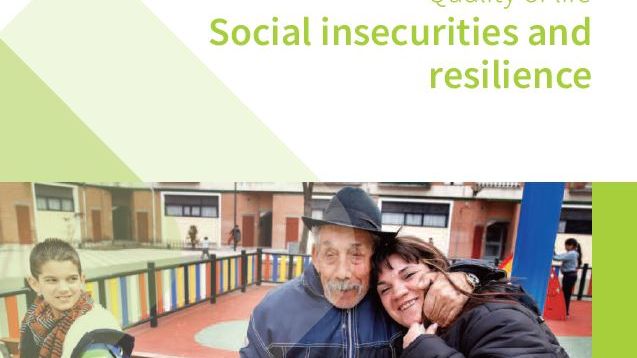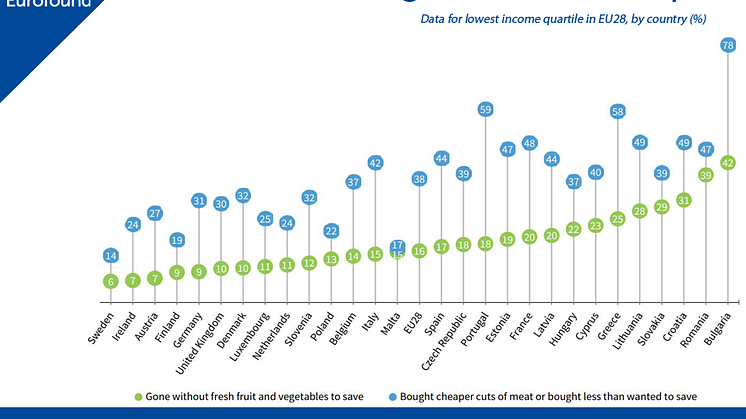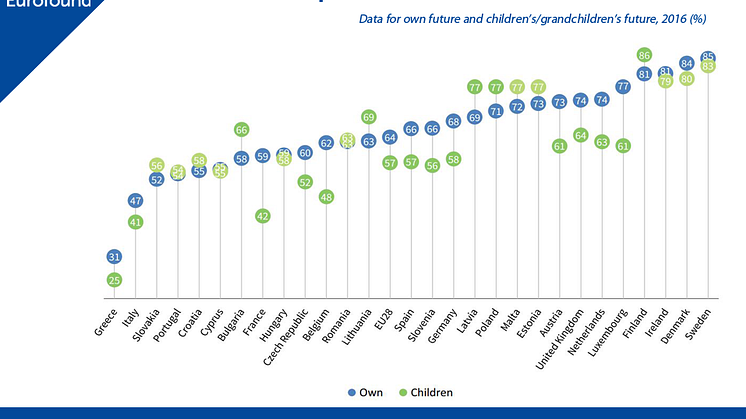Crisis point: Well-being of young people still defined by the economic crisis
Across the EU, 14% of young adults are at risk of depression, and 4% of young people aged 15-24 suffer from chronic depression. Young women are more likely to find themselves not in employment, education or training, and are significantly more likely to suffer depressive symptoms than young men










